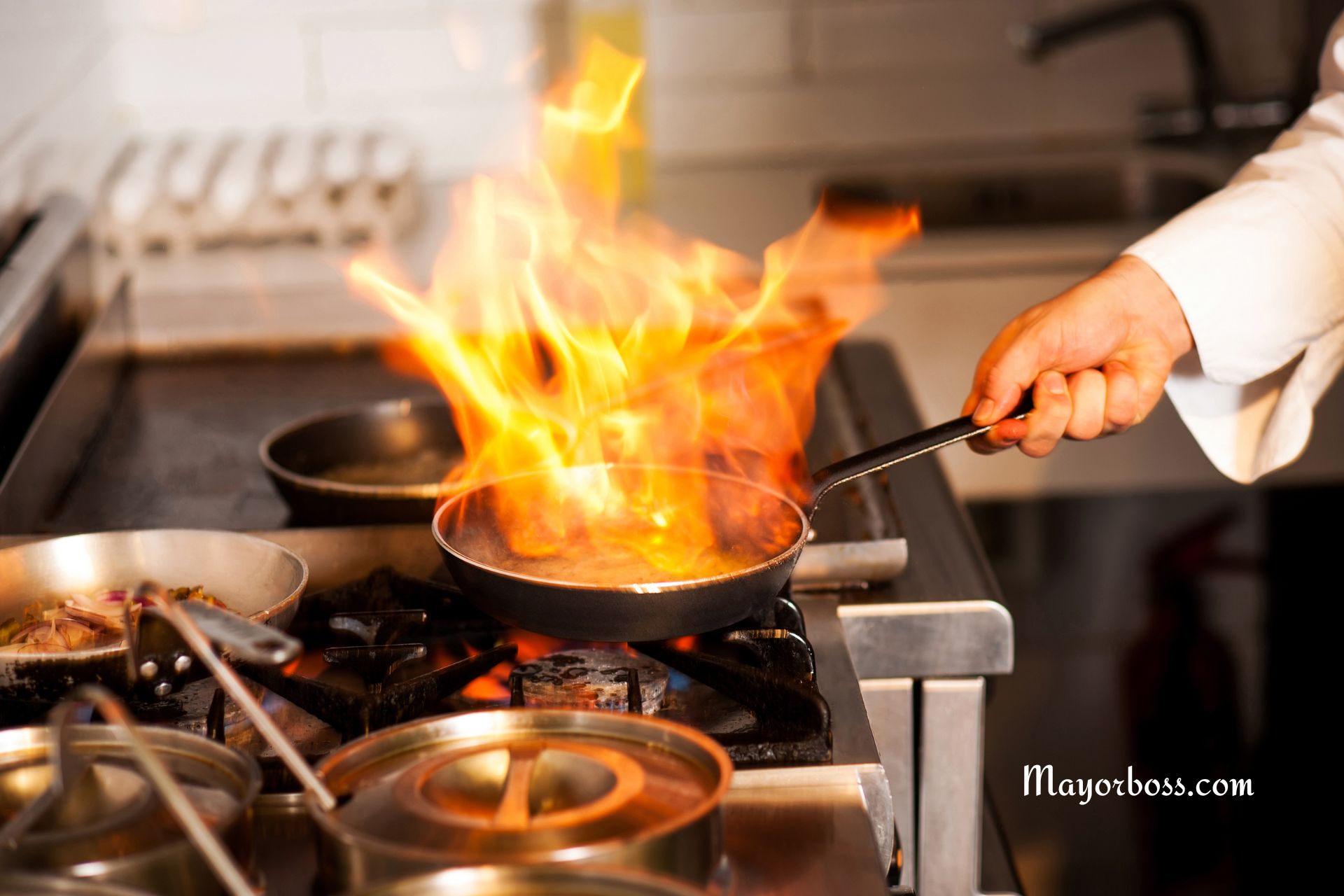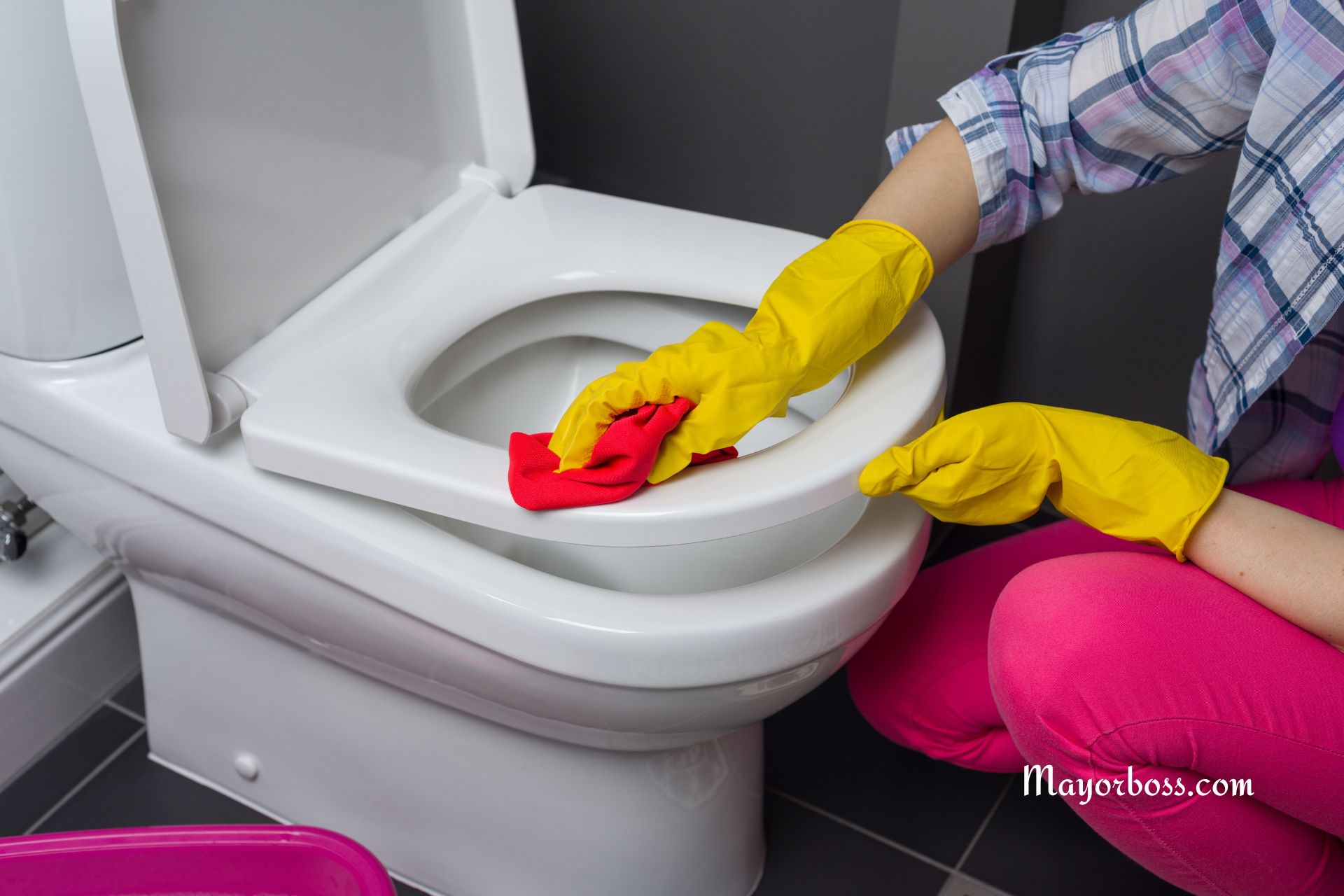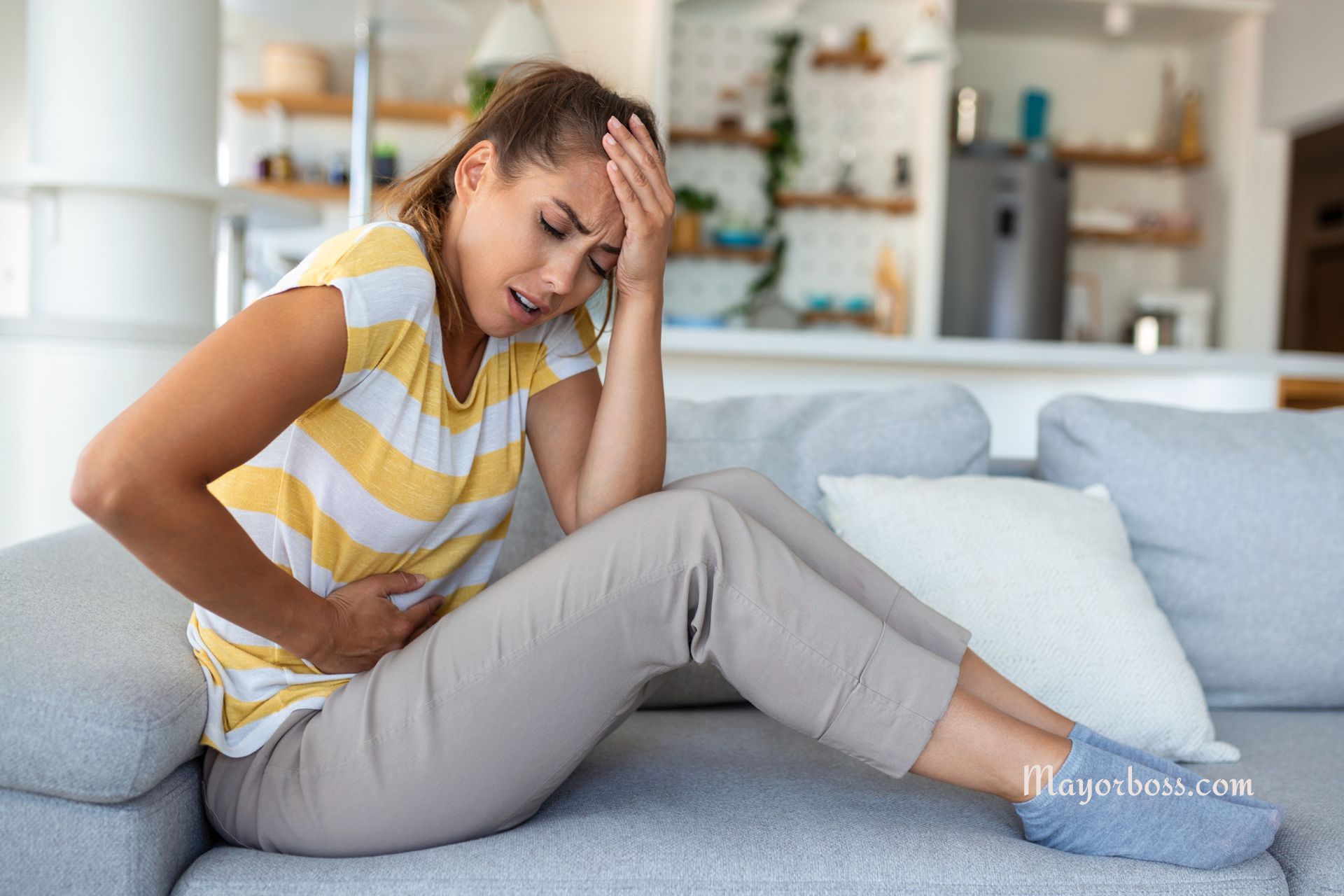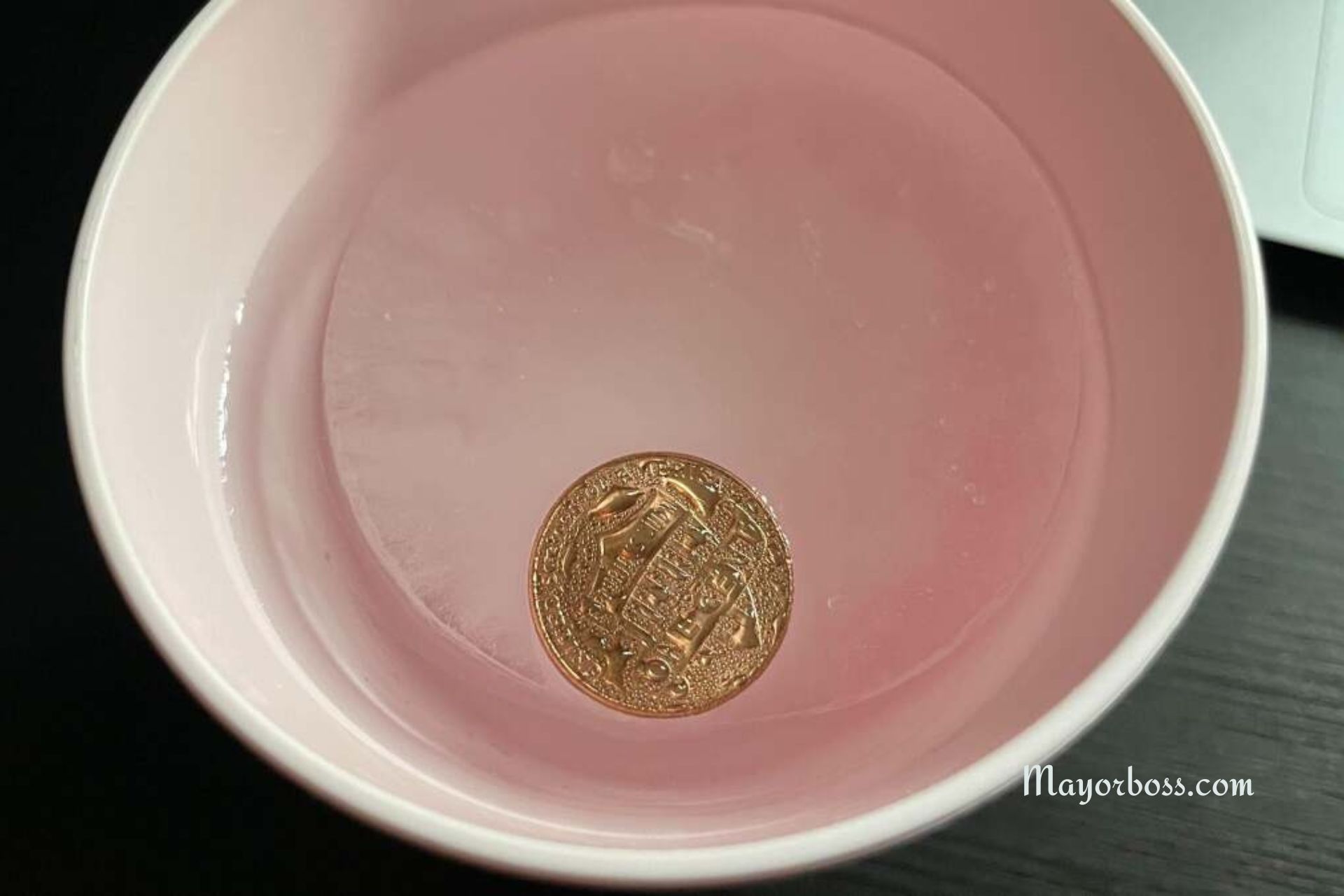These 4 Things You Should Never Do If You Burn Yourself with Cooking Oil
Cooking can be a delightful experience, but it’s not without its risks—especially when it involves hot oil. A splash or spill can lead to a painful burn. If this happens to you, it’s crucial to know what not to do. So, let’s get right into it!

1. Don’t Apply Ice or Very Cold Water
You might think that the quickest way to cool a burn is by applying ice or very cold water. But hang on a minute, that’s not a good idea! Applying ice can actually damage the delicate tissues further and slow down the healing process. Instead, run the affected area under cool (not cold) water for several minutes. This helps soothe the pain and reduce the heat in the skin.
2. Avoid Using Butter or Oils
It sounds like an old wives’ tale, right? You’ve probably heard that applying butter or oils can help. But let me stop you right there. This is not just ineffective; it can be harmful. Butter or oils can trap heat, making the burn worse and increasing the risk of infection. Stick to simple treatments, like covering the burn with a clean, dry cloth after cooling it.
3. Don’t Pop Blisters
When you see a blister, your first instinct might be to pop it. Nope, not a good move! Blisters are your body’s way of protecting the damaged skin underneath. Popping them can lead to infections and scars. So, what should you do? Leave them alone. If a blister does break on its own, clean the area gently with mild soap and water, then cover it with a sterile bandage.
4. Skip the Home Remedies
Let’s be real, the internet is full of quick fixes and home remedies. But when it comes to burns, many of these can do more harm than good. Avoid applying things like toothpaste, vinegar, or tomato slices. These can irritate the burn or introduce bacteria. Instead, after cooling the burn, you can apply aloe vera or a fragrance-free moisturizer to help soothe the skin. And if the burn is severe, see a doctor.
Frequently Asked Questions
1. How can I tell if a burn from cooking oil needs medical attention?
You should seek medical help if the burn covers a large area, if it’s on the face, hands, feet, or genitals, or if there are signs of infection like increased pain, redness, swelling, or oozing. Also, if the pain is severe or doesn’t improve with simple care, it’s time to call a doctor.
2. How long does it take for a burn to heal?
This depends on the severity. Minor burns can heal within a week or two, while more severe burns might take longer. Keep the area clean and protected to support healing.
3. Can I prevent burns while cooking with oil?
Absolutely! Always use a splatter guard when frying, keep a lid nearby to cover the pan if oil starts to splatter, and never leave hot oil unattended. Also, keep handles turned away from the edge of the stove to prevent accidents.






